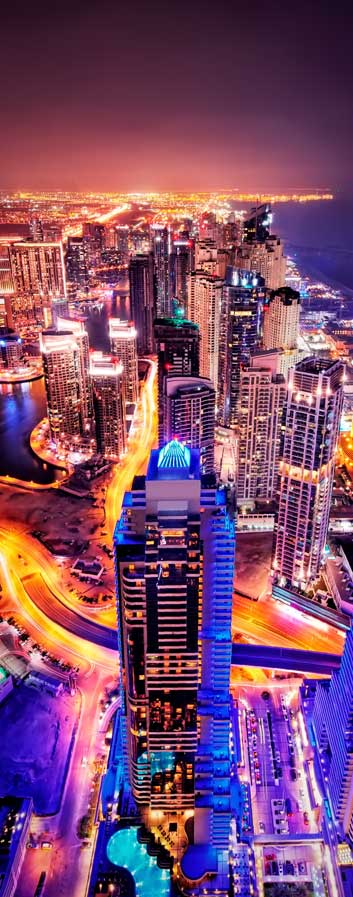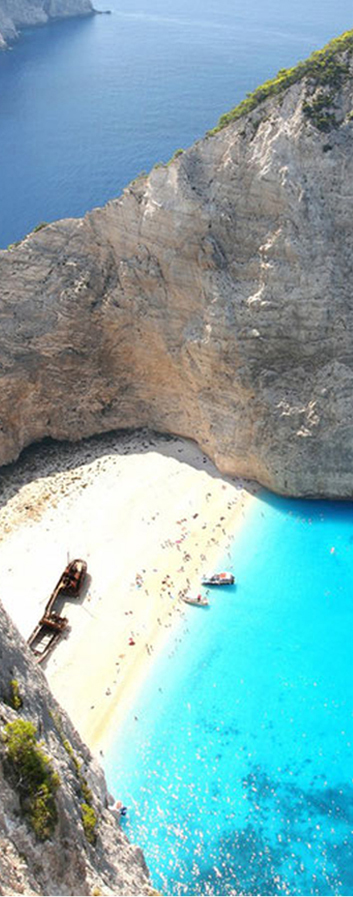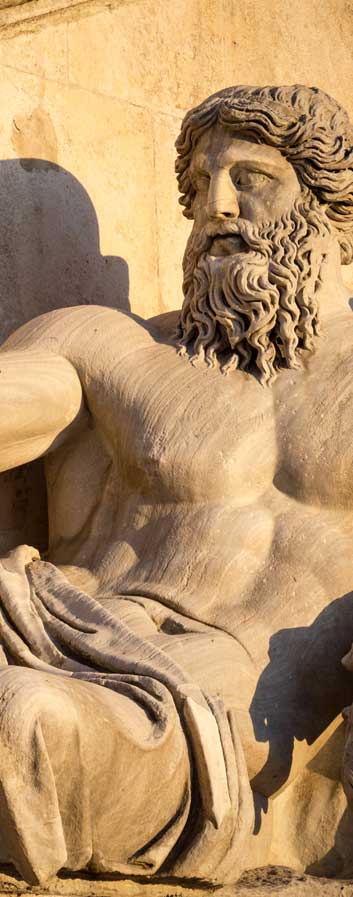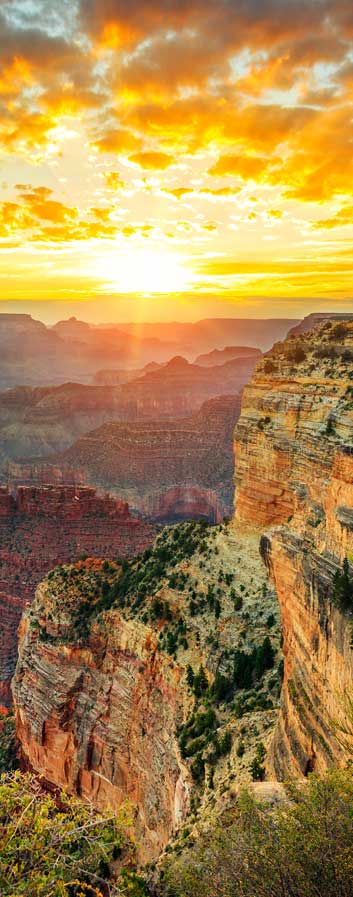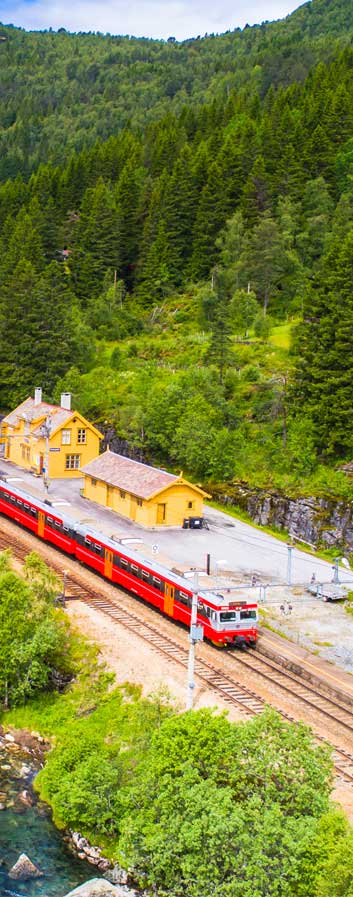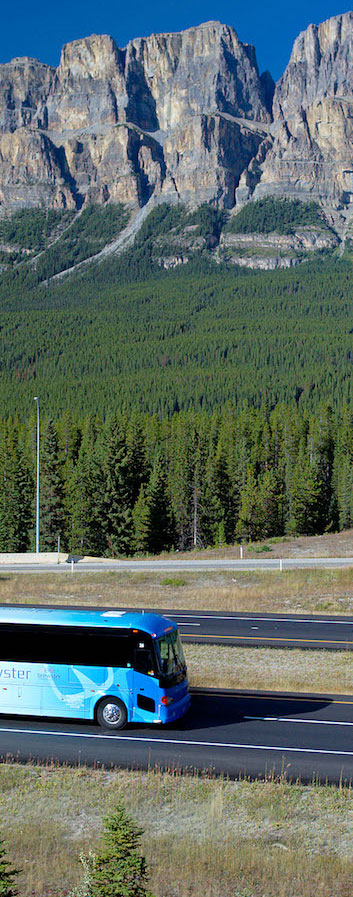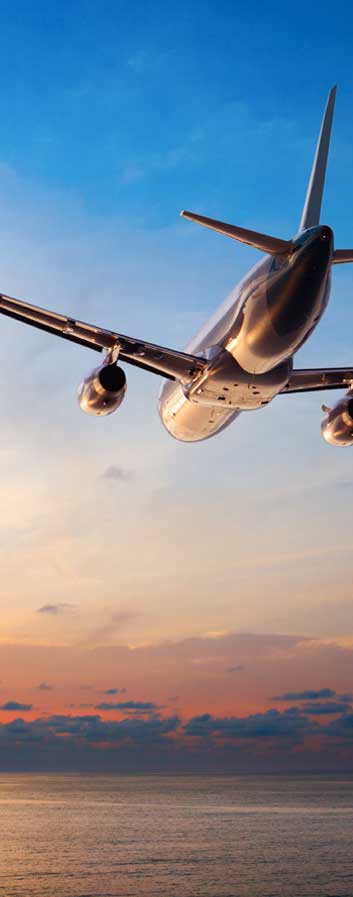Honganji Temples
Nishi Honganji and Higashi Honganji are two large temples in the center of Kyoto. As headquarters of the two factions of the Jodo-Shin Sect (True Pure Land Sect), one of Japan's largest Buddhist sects, they are a good place to experience contemporary Japanese Buddhism.
Nishi Honganji (West Honganji) was built in 1591 by Toyotomi Hideyoshi, after the sect's former head temple, Ishiyama Honganji in Osaka had been destroyed by Oda Nobunaga due to the temple's interference in politics. Nishi Honganji is the head temple of the Honganji faction of the Jodo-Shin sect with over 10,000 subtemples across the country and 200 temples overseas.
Nishi Honganji's two largest structures are the Goeido Hall, dedicated to Shinran, the sect's founder, and the Amidado Hall dedicated to the Amida Buddha, the most important Buddha in Jodo-Shin Buddhism. The temple also displays some surviving masterpieces of architecture from the Azuchi-Momoyama Period and early Edo Period, including the celebrated Hiunkaku Pavilion. Nishi Honganji is designated an UNESCO world heritage site.
Higashi Honganji (East Honganji) was built only eleven years after and a few street blocks east of Nishi Honganji as the head temple of the Otani faction of Jodo-shin Buddhism. Its main hall, the Goeido is Kyoto's largest wooden structure and dedicated to Shinran, the sect's founder. Next to it and almost as large is the Amidado Hall, dedicated to the Amida Buddha.
A small Japanese garden named Shoseien is located another few street blocks east of Higashi Honganji and serves as a detached temple residence of Higashi Honganji. Today, the garden with its pond and beautiful autumn colors is open to the public.

